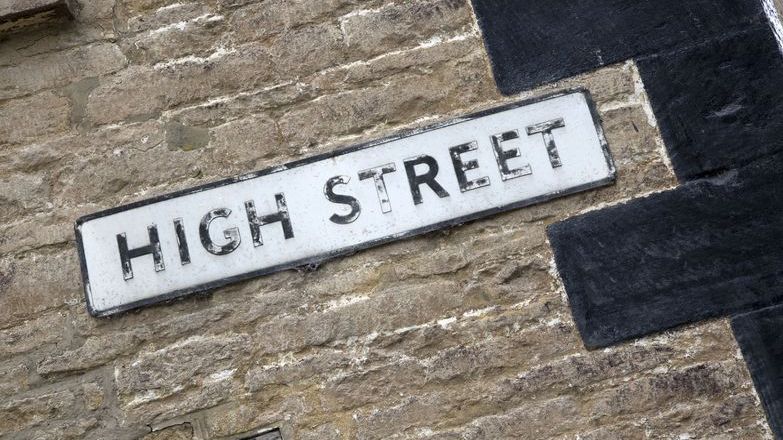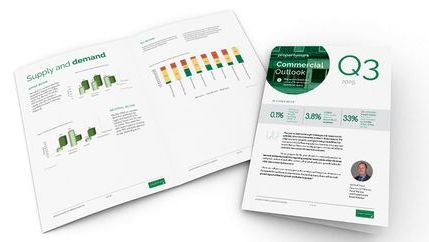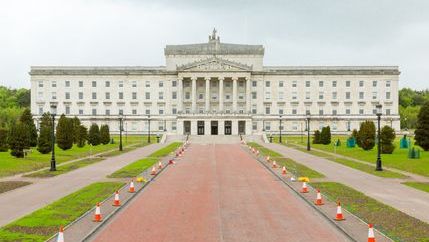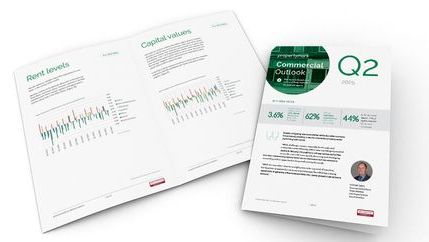
Retail store closures
Across the UK there has been a net decline of 5,251 operators, according to research published by business advisory service PwC, which showed that over 8,700 chain stores disappeared from UK retail locations in the first six months of 2021.
High street survival
Factors such as lockdowns caused by the pandemic and digitalisation of retail spaces, banks, charity shops and car dealerships have been highlighted as leading sources for the decline of the high street.
The Moving on up? Levelling-up town centres across Northern England report illustrated how funding streams are being invested into alternative businesses rather than retail spaces, such as leisure-based businesses.
The appetite for expansion lies predominantly with local businesses since big names have been stagnant due to Brexit.
That’s not all bad news – particularly for those that might want to return to a good mix of local businesses within our towns and high streets of individual character. It would be good for local authorities not to feel that their high streets should mirror those of other towns, making them a more attractive proposition for businesses thinking of returning.
Sealeys Walker Jarvis, based in Gravesend, introduces tenants to the local authority’s market, and whilst the commission may be poor, excellent relationships are formed with businesses who are already upgrading into shops in the town.
Levelling up communities
The UK Government pledged £150 million to rejuvenate communities across the UK over four years, through the Community Ownership Fund. The funding presents opportunities for commercial agents to get involved in proposals that can help their communities take over valuable local assets, such as cinemas, music venues, pubs and leisure facilities that are at risk of being lost due to closure.
Up to 50 per cent of ‘match funding’ can be bid for by voluntary and community organisations for the purchase and/or renovation of eligible assets and amenities. The second round of bidding is due to open during December 2021, with a third and final round scheduled to open in May 2022.





